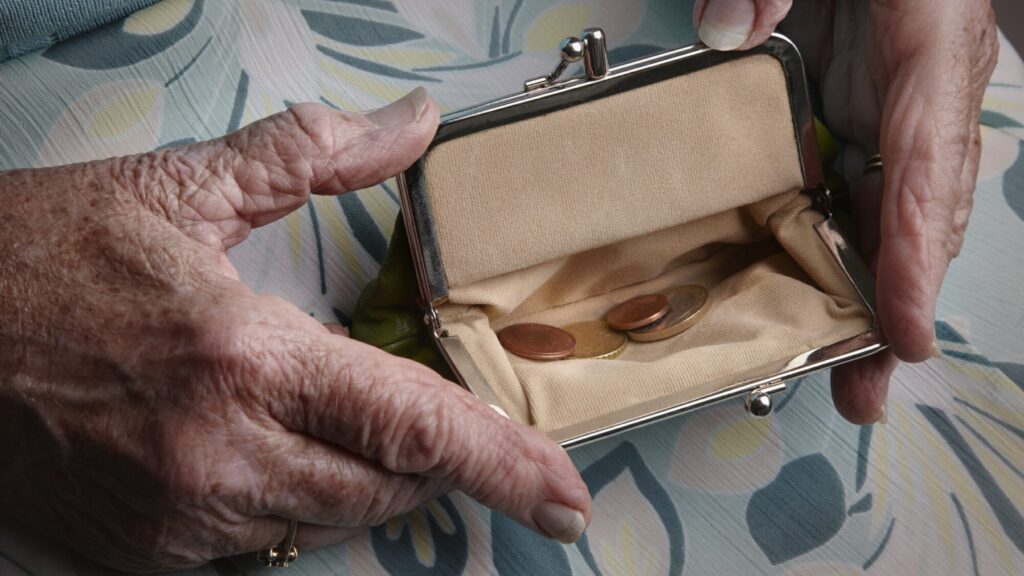
A bill proposing to double the monthly personal needs allowance for some senior living and other long-term care residents is about “dignity,” according to its sponsors.
Rhode Island Sen. Matthew L. LaMountain (D-Warwick) and Rep. Joseph J. Solomon Jr. (D-Warcick) have proposed legislation to double the personal needs allowance for Medicaid-supported long-term care residents — including assisted living residents who receive home- and community-based services through Medicaid waivers — from $50 to $100 to cover monthly personal needs.
The personal needs allowance stipulates how much monthly income a Medicaid beneficiary can keep. The bulk of a resident’s income must be used to cover personal expenses not paid by Medicaid.
Authorized by the Supplemental Security Act Amendments of 1972, the monthly federal Medicaid personal needs allowance was set at $25 at the time, increasing to $30 in 1987, a level at which it has remained. The state rate varies by state, with the level in Alabama, Illinois, and North and South Carolina at $30 per month and the level in Alaska at $200 per month.
In introducing the bill, LaMountain said that Rhode Island long-term care residents “suffer enough indignities of old age” without having to stretch $50 for a month.
“The law setting that allowance at $50 is now decades old, and is in dire need of an increase,” LaMountain said, commenting about state law. “These residents, who were once the lifeblood of our state, are forced to hand over all their income and live on less than a pittance.”
Solomon said that the state $50 personal needs alliance has turned long-term care facilities into “de facto poor houses.” The bill, he added, is about dignity.
“If the allowance had been linked to inflation, it would be about $180 today,” Solomon said. “So a resident buying a new sweater and a weekly bag of chips would find themselves tapped out until next month. We shouldn’t have our seniors living in an environment where a new toothbrush is considered a luxury they can’t afford.”

